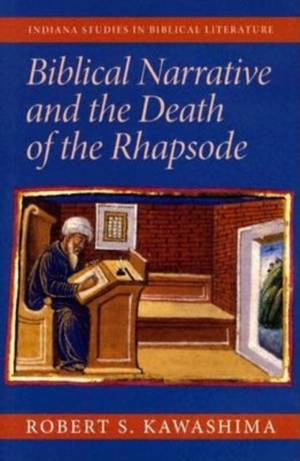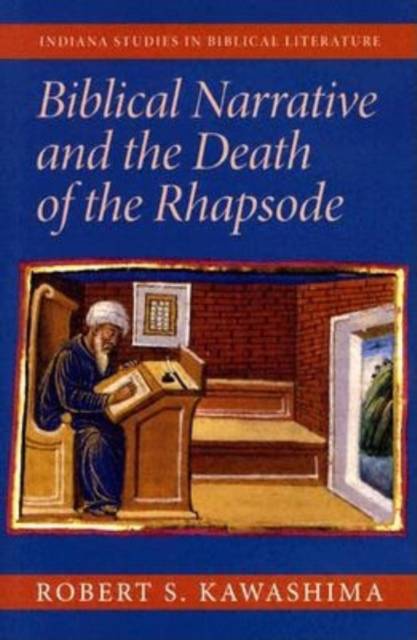
- Retrait gratuit dans votre magasin Club
- 7.000.000 titres dans notre catalogue
- Payer en toute sécurité
- Toujours un magasin près de chez vous
- Retrait gratuit dans votre magasin Club
- 7.000.000 titres dans notre catalogue
- Payer en toute sécurité
- Toujours un magasin près de chez vous
Description
Informed by literary theory and Homeric scholarship as well as biblical studies, Biblical Narrative and the Death of the Rhapsode sheds new light on the Hebrew Bible and, more generally, on the possibilities of narrative form. Robert S. Kawashima compares the narratives of the Hebrew Bible with Homeric and Ugaritic epic in order to account for the "novelty" of biblical prose narrative. Long before Herodotus or Homer, Israelite writers practiced an innovative narrative art, which anticipated the modern novelist's craft. Though their work is undeniably linked to the linguistic tradition of the Ugaritic narrative poems, there are substantive differences between the bodies of work. Kawashima views biblical narrative as the result of a specifically written verbal art that we should counterpose to the oral-traditional art of epic. Beyond this strictly historical thesis, the study has theoretical implications for the study of narrative, literature, and oral tradition.
Indiana Studies in Biblical Literature--Herbert Marks, General Editor
Spécifications
Parties prenantes
- Auteur(s) :
- Editeur:
Contenu
- Nombre de pages :
- 312
- Langue:
- Anglais
- Collection :
Caractéristiques
- EAN:
- 9780253344779
- Date de parution :
- 09-12-04
- Format:
- Livre relié
- Format numérique:
- Genaaid
- Dimensions :
- 160 mm x 241 mm
- Poids :
- 657 g







